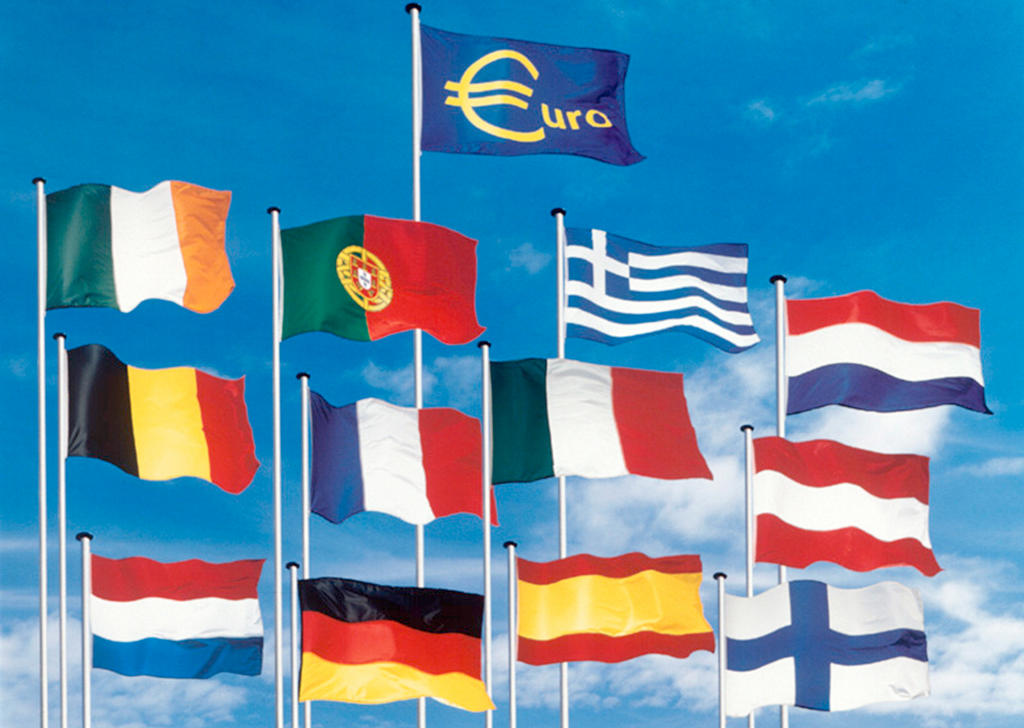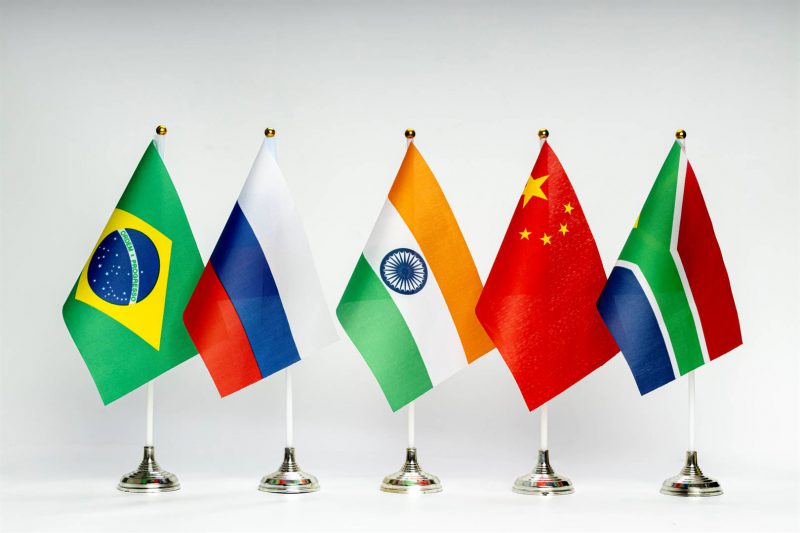Amid the overarching de-dollarization plans, the BRICS alliance has recently stated its currency is an answer for a world “tired” of the US dollar. A handful of countries in Africa, Asia, Latin America, and Europe are looking to end reliance on the dollar and promote BRICS or their native currencies. With the recent expansion of BRICS and more members expected to join in 2024, could we see Europe accept BRICS and its currency in 2024?
Also Read: BRICS Currency is Answer for a World ‘Tired of The US Dollar’
Will Europe Accept BRICS Currency in 2024?
The US and the EU are leading opposers of BRICS and the bloc’s mission. However, many countries in the rest of the world are in support of BRICS and support the idea of BRICS currency overshadowing the US Dollar.
This past Summer, South African BRICS ambassador Anil Sooklal confirmed that European countries have expressed interest to join BRICS. Sooklal did not reveal the names of the European nations but hinted that a global financial change was brewing.


Since this statement, BRICS has expanded its bloc, inviting new members to join including Egypt, the UAE, and Saudi Arabia. No European nations have been invited to join or accept any invitations to join BRICS. However, expansion is bound to continue in 2024, therefore, the first European nation outside of Russia may look to join.
Opposingly, Russia and China’s involvement in BRICS may be the biggest motivator for European nations to not join. With Russia’s ongoing war in Ukraine, as well as China’s continuous battle with the West, Europe may look to stay on the side of the west and oppose BRICS and its currency, despite the alternative being the US greenback reigning supreme.
Also Read: Is Publix Open on New Year’s Day?
Throughout the year, discussions of a BRICS currency have been prominent. They have been combined with the overall de-dollarization efforts of the alliance. However, from its perspective, the work that the bloc is committed to is not driven out of its self-interest. Conversely, the alliance believes it is answering a call from a world “tired” of the US dollar.





